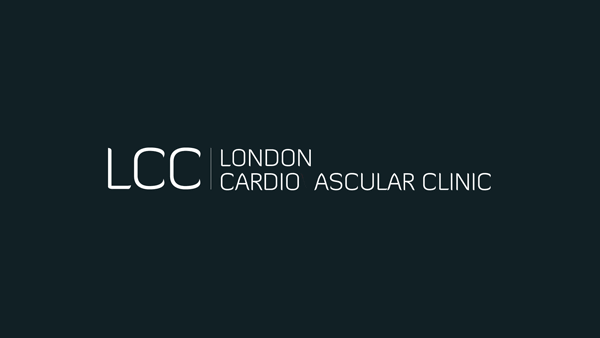Stroke Rehabilitation is VITAL after. It should be minimum 15 hours a week with 7 day working
Why is a cardiologist interested in stroke?
Firstly because it is a vascular disease.
Secondly because there is a risk of stroke with the procedures I do. There is no point is a perfect heart and then a stroke that debilitates my patient.
Thirdly, I want the best treatment for my patient. I want acute stroke intervention if they have had a stroke (in my mind that is Mechanical Thrombectomy), and I want the best stroke rehabilitation so they get the best recovery.
I have had a stroke- should I join a rehabilitation program?
The short answer is yes. Just like for cardiac rehabilitation after stroke (which reduces your risk of death by 17% compared to not having it), stroke rehabilitation is evidence based.
It needs to be planned BEFORE you go home. It should cover YOUR needs. That may be to do with movement, speech, hearing, or fatigue. It could also involve memory.
Why am I so fatigued after my stroke?
This is very common after stroke and under recognised. In most it takes a year to get better. In 40% it can take 2 years. It can be the ONLY and WORST symptoms you have. It is separate from low mood or depression.
Vision and hearing issues
This may not be obvious and needs formal assessment. It needs to involve your family also. They may have noticed a subtle change that needs to be addressed.
What about community participation programs?
Quality of life is improved in general by these- which include physical exercise, art, music. Whatever it is, it needs to be what YOU need. There is good evidence for both group exercise and individual programs when it comes to physical therapy.
How much and how often?
Motor therapy of 1-2 hours per day started EARLY, and sustained, improved recover in 1st 6 months. Delayed initiation has less benefit but still helps. Better later than never!
Physiotherapy, Occupational and speech and language therapy (SALT) should be at least 3 hours a day and at least 5 days a week. Less is not as good. So aim for 15 hours a week or more.
Where can I find out more?
This is a summary of the recent NICE guidance. See the full guidance here.
Book your consultation
f you are worried about a stroke or your heart and are struggling to decide what to do, please book a consultation, I will be more than happy to see you. Let’s get the quality of your life back.
Article by Dr Malik, a UK leading cardiologist. He works at One Welbeck Heart Health – London’s Largest Private Cardiology Group, and at Hammersmith Hospital, Imperial College Healthcare NHS Trust, London, one of the largest NHS Trusts in the UK.




